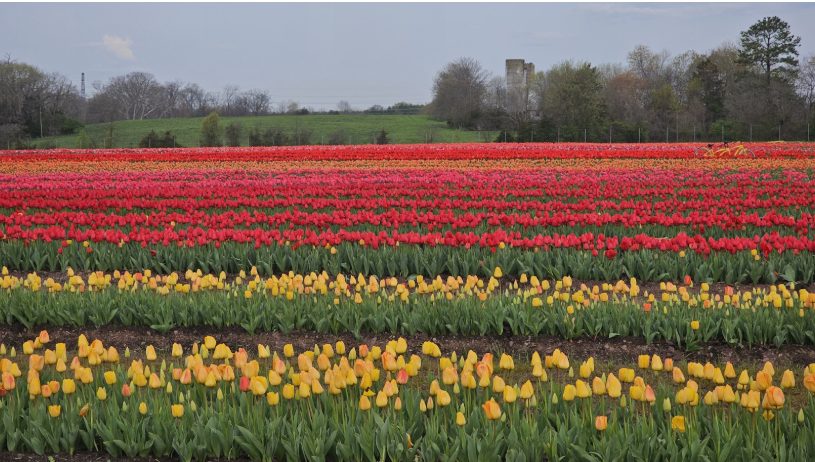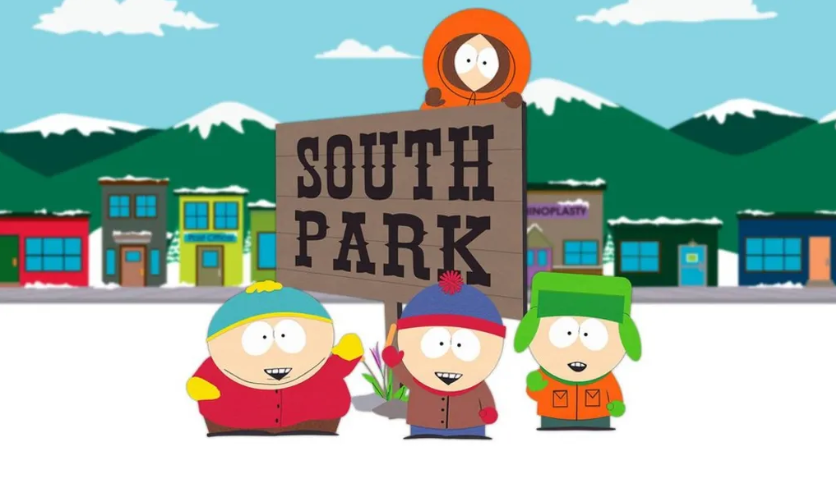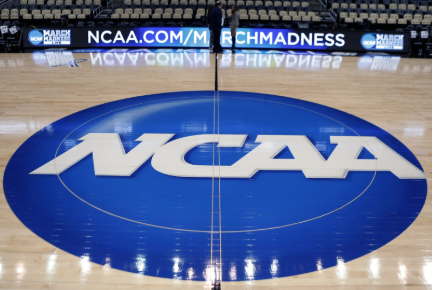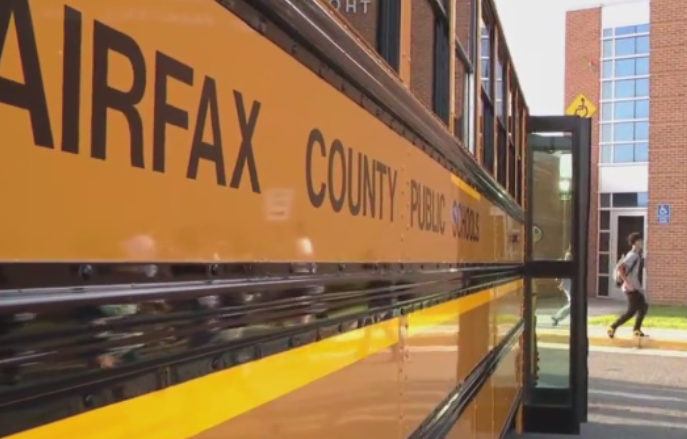With the annual Game Awards, there is almost always controversy, especially with the main event, Game of the Year. This year was no different, though a particular policy change is drawing attention to an industry shift that many gamers dislike. For the first time, a DLC (downloadable content pack) addition has been nominated for Game of the Year, highlighting the growing trend of DLCs, live-service games, and the season/”battle pass” model.
Elden Ring Shadow of Erdtree has been nominated for Game of the Year, after the base game won the same award in 2022. The pick has drawn criticism from the greater gaming community for being both a “repeat” nomination, and being a DLC, not a full game. Though Erdtree is widely regarded as an excellent addition to Elden Ring, and contains enough content to be a full game, it is not a separate game from Elden Ring.
The issue of DLC, seasons, and remasters eligibility as possible nominees has been debated for the last few years, but this year it has come to the spotlight with the success of Erdtree. Similarly, the nomination of Silent Hill 2, another remake, to several other categories, has brought questioning to the Game Awards’ policy
The nomination of Erdtree and other non-original games has brought new ire toward the growing trend of DLC and update-based business models. Instead of buying full games, gamers instead get part of one, then more over the next few months or years for another price, often comparable to the price of another new game. This business model, especially used by triple-A large game companies, is comparable to the trend of remakes and sequels in the movie industry, with much less creativity in ‘big-name’ studios in recent years.
Critics also argue that DLC and season content should be separated from main games, giving extra chances to large studios to win over indie developers in many categories. The nomination of Erdtree especially fuels their argument, as this nomination is the second for the same game in the same category, with extra salt to the injury being in the most prestigious award of them all. The live-service and DLC model’s inclusion in Game Awards eligibility then gives more chances for nomination for large studios and companies to take home awards, and prevents smaller studios with less resources from fair competition in non-indie categories.
Awards shows will always bring controversy as viewers’ favorites will inevitably get “snubbed” or not included at all, but the producers and judges for these shows still have a responsibility to be fair and balanced in their nominations to be considered reputable. Including DLCs, seasons, and remakes just gives more chances for large studios to take the few top slots, critics argue. Supporters argue that the DLCs have just as much of a right to be nominated, as they are works of their own in a way, and deserve recognition in mainstream awards shows.
Overall, the controversy has reignited past arguments on the validity of the DLC as a work of its own, and the validity of the model as a whole for creation of “good” games. Though Erdtree has proven to be a good addition to its base game, many still argue that the inclusion of the DLC in the nominations for the most prestigious award in video games this year takes a valuable nomination for other impactful games of this year, and doesn’t deserve the “double-win” for the same base game.




















